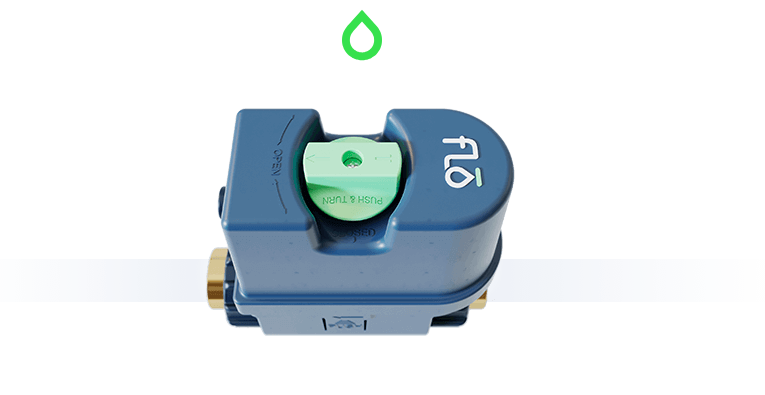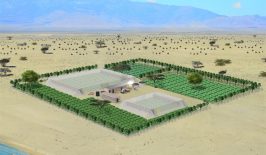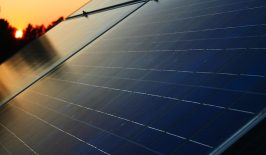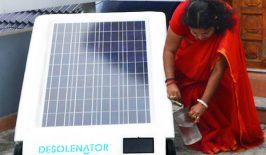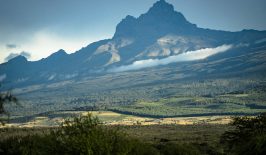Between 2011 and 2017, California experienced one of its worst droughts in history. The US state is no stranger to dry conditions, however in these six years over 102 million trees died and fears developed that certain fish species in the state could go extinct.
These issues, and others, have persuaded the Los Angeles water agencies and environmental groups to instigate a new pilot scheme with a water conservation technology company in an attempt to reduce water usage across the city.
Flo Technologies, Inc is a self-styled ‘smart water’ company which provides homeowners with unprecedented insight into their water usage – or, more accurately, non-usage. Through the installation of a physical sensor on the main water line, used in conjunction with an app, Flo users are able to receive minute breakdowns of where water is being wasted – whether by inefficient water use, or leaks within the house.
Speaking after the announcement of the pilot scheme in September, Flo CEO and co-founder Gabriel Halimi stated:
“The state of California recently passed legislation that calls on Californians to make conservation a way of life. This amplifies the need for technology that can teach us about our own water consumption so that we can consume responsibly. While you can save an average of eight gallons of water a day by turning the faucet off while brushing your teeth, the average U.S. home still unknowingly wastes about 17 gallons of water a day due to undetected leaks in their water systems.”
Once installed in the home, Flo users can use the smartphone app to receive daily health reports on their water system, as well as turn their water on and off remotely. Flo suggests that up to 60% of all US households have small micro leaks which over time lead to one trillion wasted gallons of water every year.
Funded by the Metropolitan Water District’s (MWD’s) Innovative Conservation Program, the year long pilot scheme will provide 150 Flo devices to selected households and compare their water usage before and after the installation. Hopefully, the data that results can illustrate to Californians not only how they can save water, but also ultimately save on their water bills.
A Dry Future?
Water scarcity is set to become one of the most pressing environmental and security concerns in the short-term future, especially as nations develop and urbanise and global population growth places more pressure on the agricultural sector. This issue is also not limited to developing nations or arid regions – according to the World Resources Institute’s Aqueduct map, traditionally wetter regions such as Northern Europe, the US East Coast and Midwest are also experiencing increasing levels of water risk as demand rises.
Additionally, the Centre for Science and the Environment (CSE), India also suggests that by 2050, one in five developing nations will have severe water shortages. As well as leading to potential agricultural failure and famines, water shortages could also lead to tensions between nations and conflicts over water resources.
The solution lies not only in reducing consumption and waste, as the Flo device advocates, but also in the development of new sanitation and water reclamation systems that can hopefully provide the water the world will need in the future.
